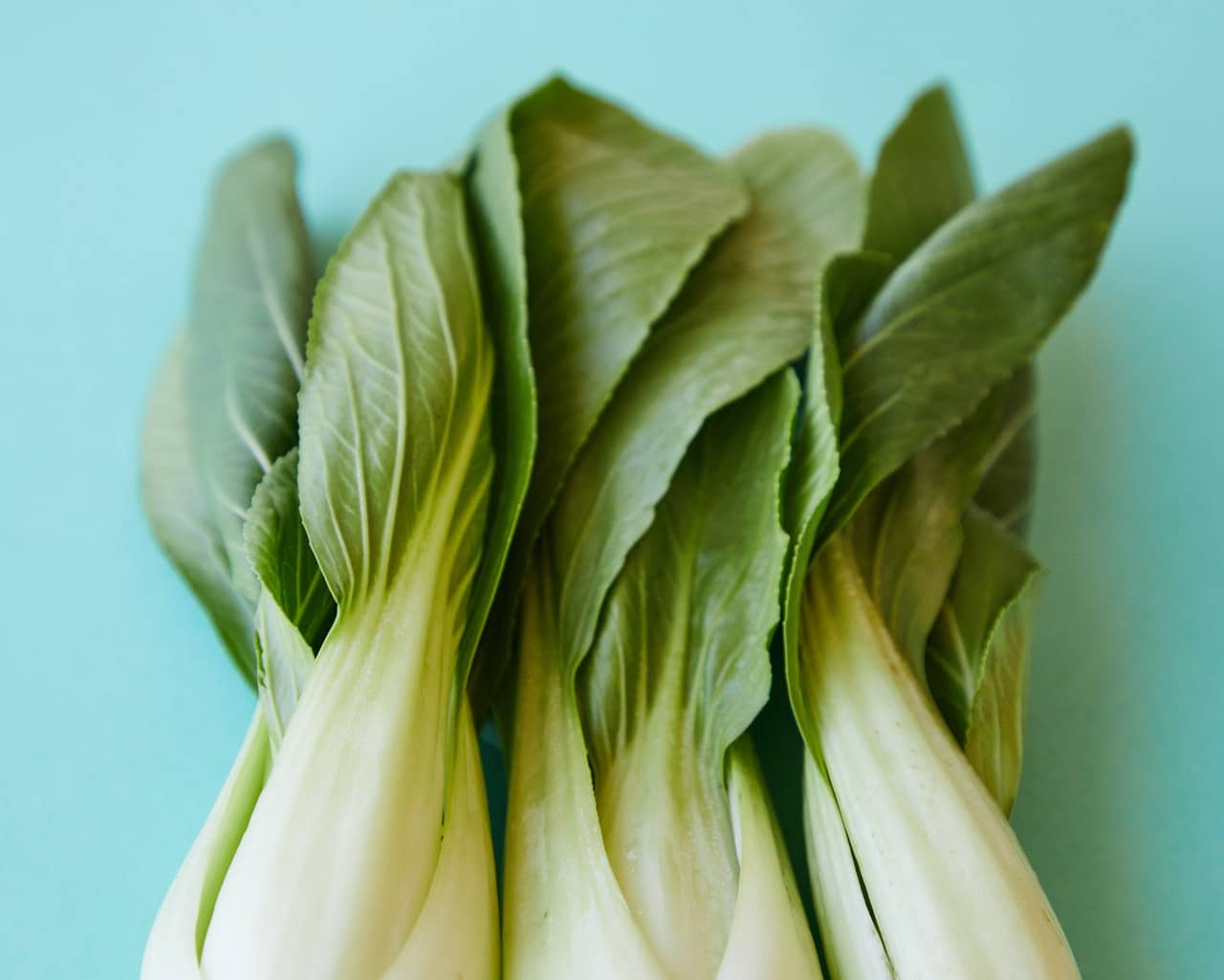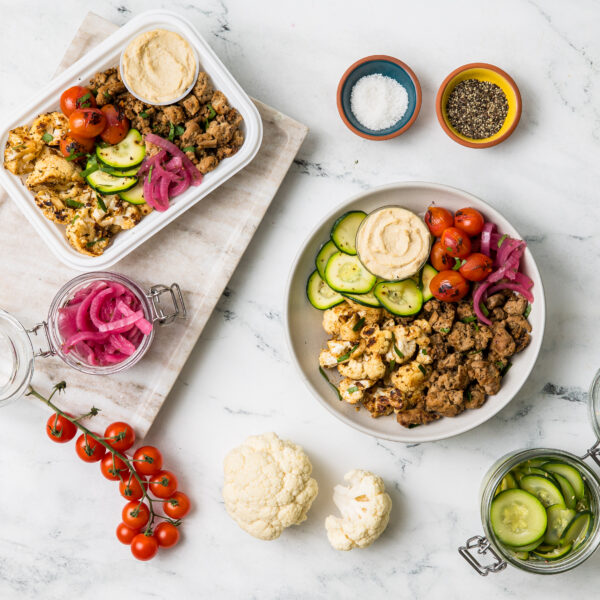What is Glucosinolate?
Glucosinolates are compounds found in cruciferous vegetables that contain the mineral sulfur. The scent most commonly associated with rotten eggs, sulfur presents itself in a more subtly bitter flavor and pungent aroma in these foods.
How Do Glucosinolates Function?
In plants, glucosinolates provide defense against insects, bacteria and fungi by interacting and communicating with enzymes. While the compounds created by these enzymes are toxic to insects, they have proven to be very beneficial to humans when ingested: they interfere with carcinogenesis and metastasis, lowering the risk of cancer.
Benefits of Glucosinolates
Studies have shown that increased glucosinolate intake, particularly in the form of cruciferous vegetables, reduces the risk of some diseases – the most notable of which is cancer. Glucosinolates have also been shown to reduce the risk and slow the progression of cardiovascular disease and multiple chronic inflammatory diseases.
Risks of Glucosinolates
While for most people, the risk of thyroid issues is low, those with pre-existing hypothyroidism should limit their intake of glucosinolates.
Glucosinolates are a part of the family of goitrogens, chemicals and compounds that interfere with thyroid hormones by disrupting the processing of iodine. Iodine is a crucial ingredient for thyroid hormone, and if the organ doesn’t have proper access to iodine, the hormone level will drop.
Antinutritional Factors
Anti-nutritional factors (ANFs) reduce the availability of other nutrients in the body when consumed in food or water. The major antinutritional risk of glucosinolates is related to its potential thyroid problems for people with pre-existing conditions.
Foods Rich in Glucosinolates
Any vegetable that falls under the cruciferous family is rich in glucosinolates. Some of the most common examples are listed below:
- Arugula
- Bok choy
- Broccoli
- Brussels sprouts
- Cabbage
- Cauliflower
- Daikon
- Horseradish
- Kale
- Maca
- Mustard
- Radish
- Rapeseed
- Rapini
- Rutabaga
- Turnip
- Watercress
To learn more about cruciferous vegetables and their many benefits, read these articles on the Snap Blog:





Leave a Reply
No Comments